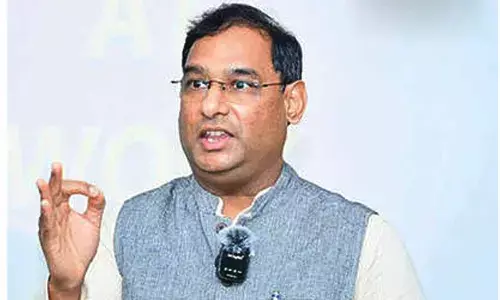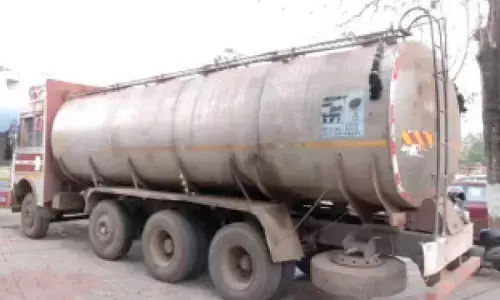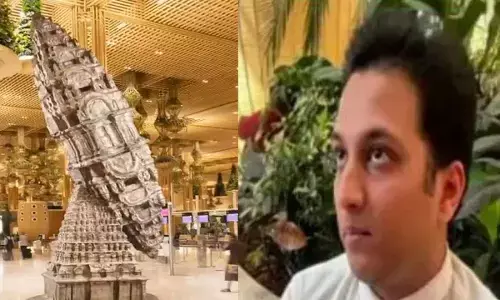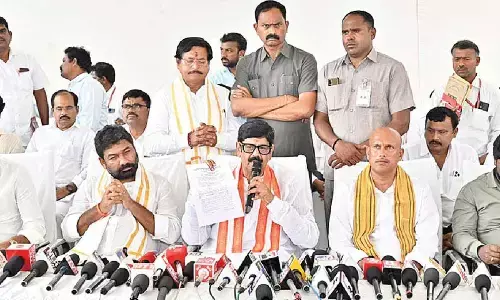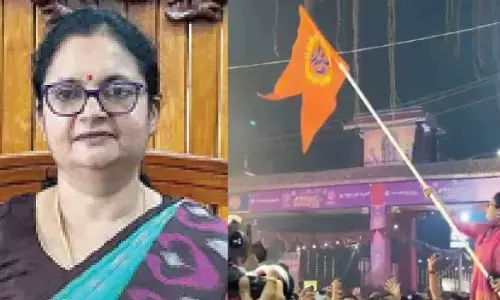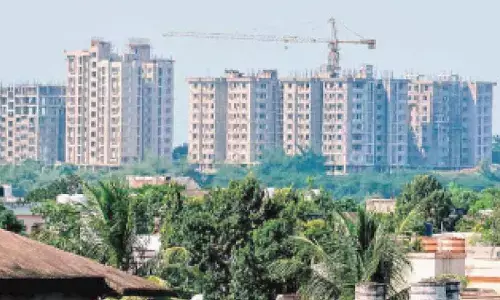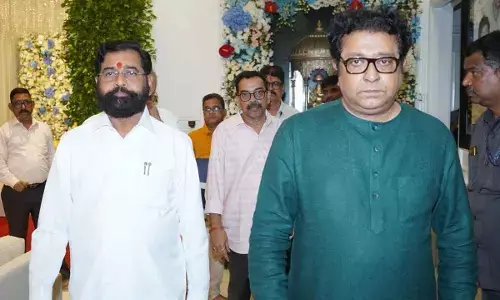Alarm bells ringing for AP economy
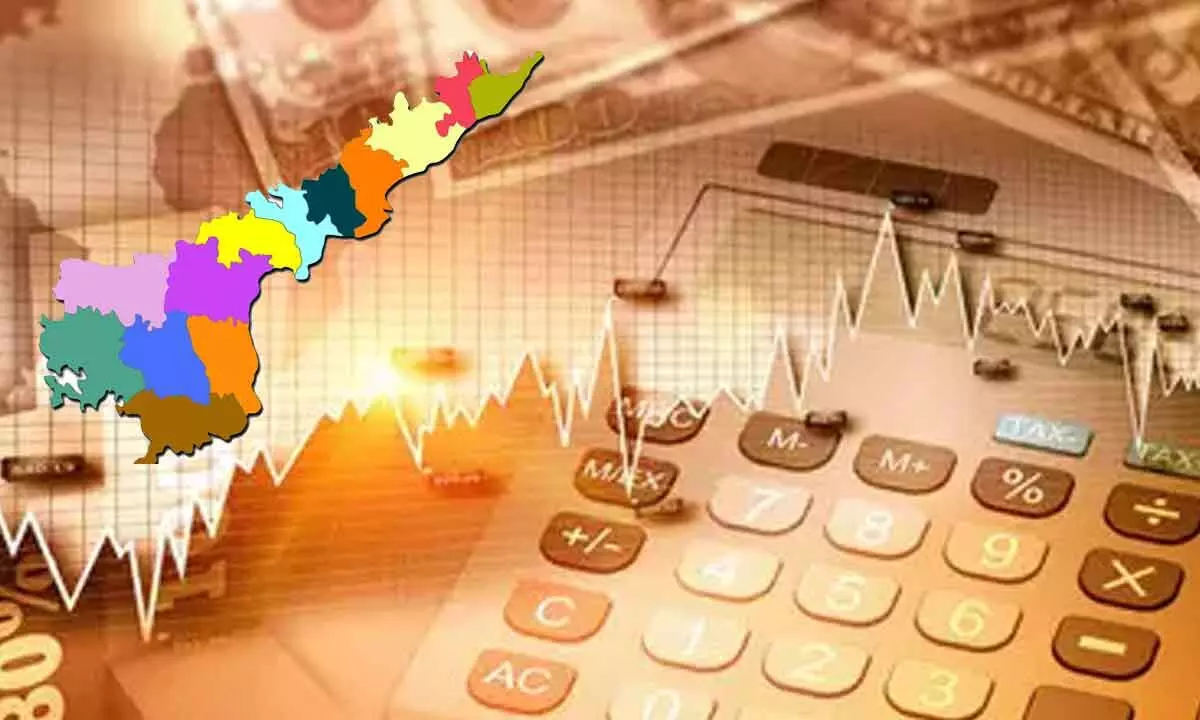
The Sri Lankan economy was battered by the pandemic, as travel restrictions hit tourism; exports of textiles, garments and tea suffered a setback due to pandemic-driven slump in global trade; and remittances were impacted by the global growth slowdown.
The Sri Lankan economy was battered by the pandemic, as travel restrictions hit tourism; exports of textiles, garments and tea suffered a setback due to pandemic-driven slump in global trade; and remittances were impacted by the global growth slowdown. Apart from the pandemic, public policies also contributed towards the crisis – a sharp cut in direct and indirect taxes just before the pandemic; shift to organic farming that resulted in a spike in food inflation and shortages of essentials; and ambitious infrastructure projects funded by costly Chinese debt. That is the crux of the Sri Lankan problem.
But, why is there talk of AP turning into another Sri Lanka? Apart from the politics to it, the argument sounds plausible from another viewpoint - fiscal health of AP. The fiscal health of Indian States warrants a careful assessment as rulers, particularly the ones belonging to the regional parties in power, are vying with one another in offering 'Revdi' or freebies to the voters. Up to the onset of the pandemic, the average GFD-GDP1 ratio of the states remained modest at 2.5 per cent during 2011- 12 to 2019-20, lower than the Fiscal Responsibility Legislation (FRL) ceiling of 3 per cent.
There were, however, substantial inter-state variations - while Andhra Pradesh, Kerala, Punjab and Rajasthan incurred average GFD of above 3.5 per cent of GSDP, Assam, Gujarat, Maharashtra, Odisha and Delhi ran ratios less than 2 per cent. A study done for the RBI by experts reveals that it deteriorated sharply in 2020 with a sharp decline in revenue, increase in spending and a sharp rise in debt to GSDP ratios. As the report says AP's debt servicing stood at more than 10 percent.
In all 10 States were taken into consideration for the study as these were marked as stressed States and AP, Bihar, Rajasthan and Punjab exceeded both the debt and fiscal deficit targets set for 2020-21 set by the 15th Finance Commission. AP failed all parameters and it is said that the stress tests would only lead to greater distress as the State Government's debt-GSDP ratio is likely to remain above 35 per cent in 2026-27. Among the corrective measures suggested is that it should restrict its revenue expenses by cutting down expenditure on non-merit goods in the near term.
In the medium term, it should put efforts towards stabilising debt levels. Large-scale reforms in the power distribution sector to reduce the losses of DISCOMs are needed. Welfare measures are to help the downtrodden in the society come out of their baseline lives. There is always a timeline for these benefits to be phased out. This should happen if the governments create employment opportunities and provide livelihoods to people. However, there is neither the intent to do so nor any indication of the direct money transfers being curbed at any time. Usual practice in our electoral politics, highly condemnable though, is to offer money to voters. We have seen this happen in Andhra Pradesh more.
Now, the DBT has become more a tool to ensure that the voters are 'indebted' forever to the ruler with these programmes. And they call it a welfare State! The DBT philosophy as envisaged is entirely different from the one practiced in AP and it stresses it beyond redemption. AP's economy is heading South (if not to Sri Lanka).









